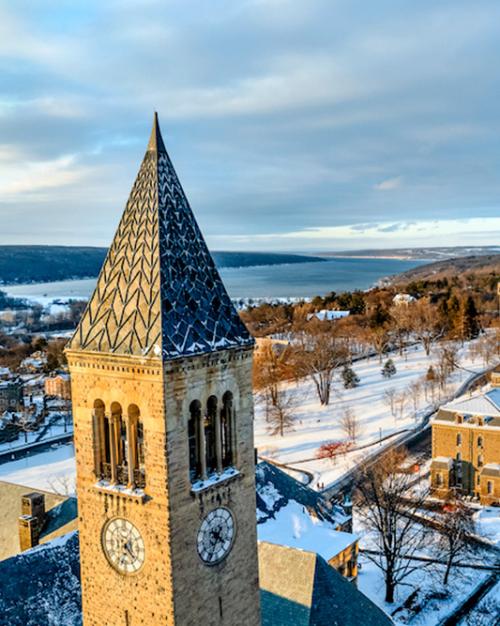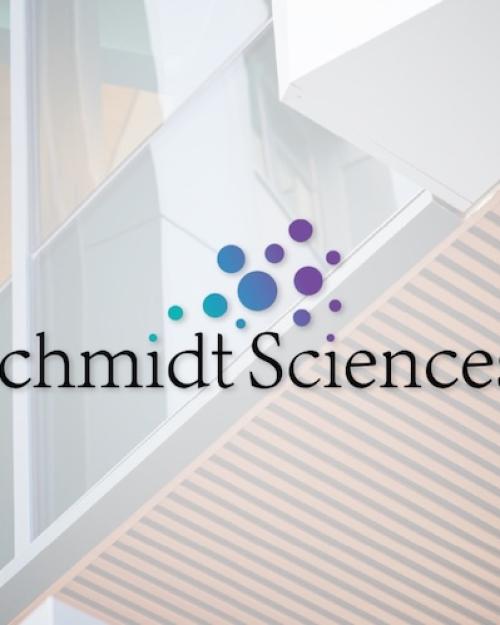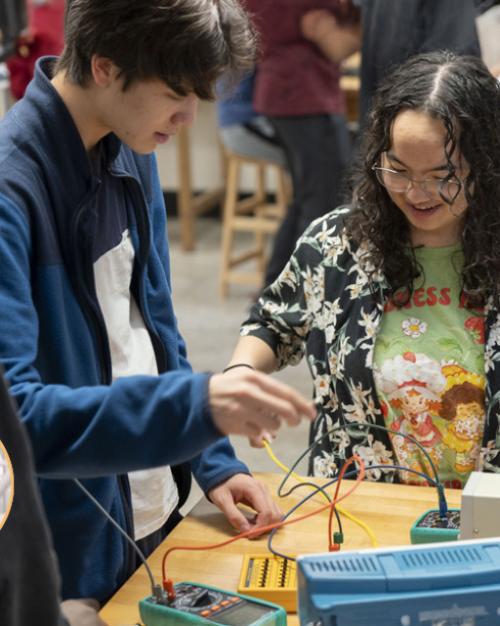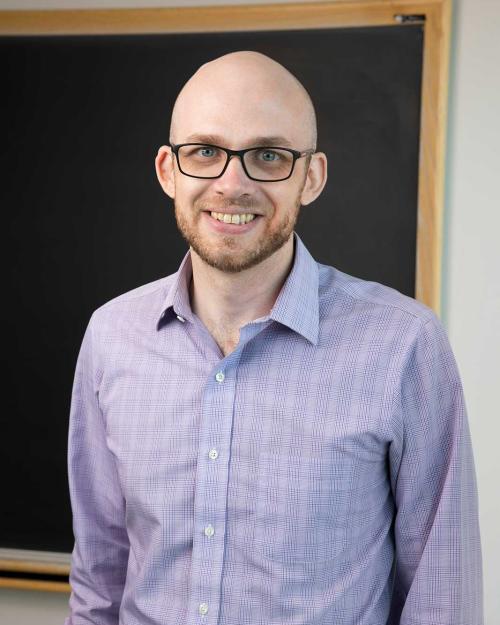Nils Deppe
Assistant Professor, Physics
Academic focus:
As part of the Simulating eXtreme Spacetimes (SXS) collaboration, I'm involved in a long-term project providing high-accuracy predictions of what gravitational wave observatories like LIGO, Virgo and KAGRA detect. We solve Einstein's equations of general relativity using massively parallel computer simulations. Since we can't create black hole or neutron star collisions in a lab, we rely on computer simulations as our experimental setup. The simulations are then compared to observations to see if our experiment matches the universe we observe.
Current research project:
The inspiral and merger of two neutron stars is an extremely rich physics environment. It produces gravitational waves; X-rays; gamma-rays; optical, radio and infrared red signals; and neutrinos. We detect these events on Earth, providing a way to probe some of the most extreme physics in the universe. My current research focuses on providing accurate predictions of these events using computer simulations. Given the extremely dense matter, large magnetic fields, strong gravity, and that everything is moving near the speed of light, these simulations are challenging but also rich with physics.
Previous positions:
- Sherman Fairchild Research Fellow, Theoretical Astrophysics, California Institute of Technology, 2020-2023
Academic background:
- Ph.D., Physics, Cornell University, 2020
- B.Sc., Mathematical physics, University of Winnipeg, 2014
Last book read:
"Rogue Protocol" by Martha Wells and "C++ Software Design" by Klaus Iglberger
In your own time/when not working:
I enjoy spending my free time with my partner, hiking, listening to music, hanging out with our cat and playing Nintendo Switch.
Courses you’re most looking forward to teaching:
Undergraduate and graduate general relativity, computational physics and generally increasing the amount of computational homework problems students see in their physics courses. Computation is used in all fields of physics, whether theoretical or experimental, as well as more generally across STEM-related jobs so the earlier students are exposed to and learn computation, the better.
What most excites you about Cornell:
The welcoming, supportive, and collaborative environment; working with collaborators I got to know very well during my Ph.D. here; and working with amazing students and postdocs.





